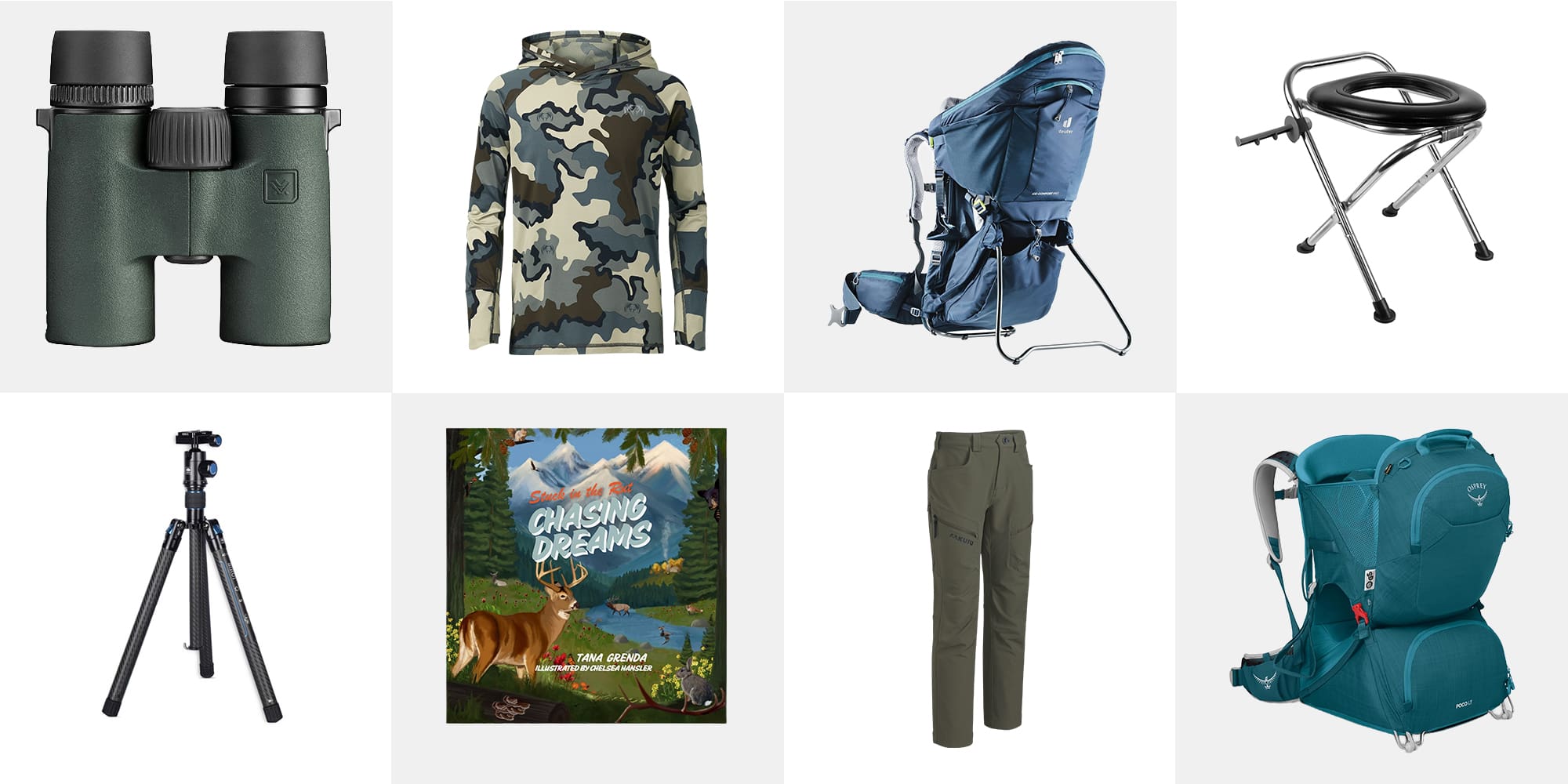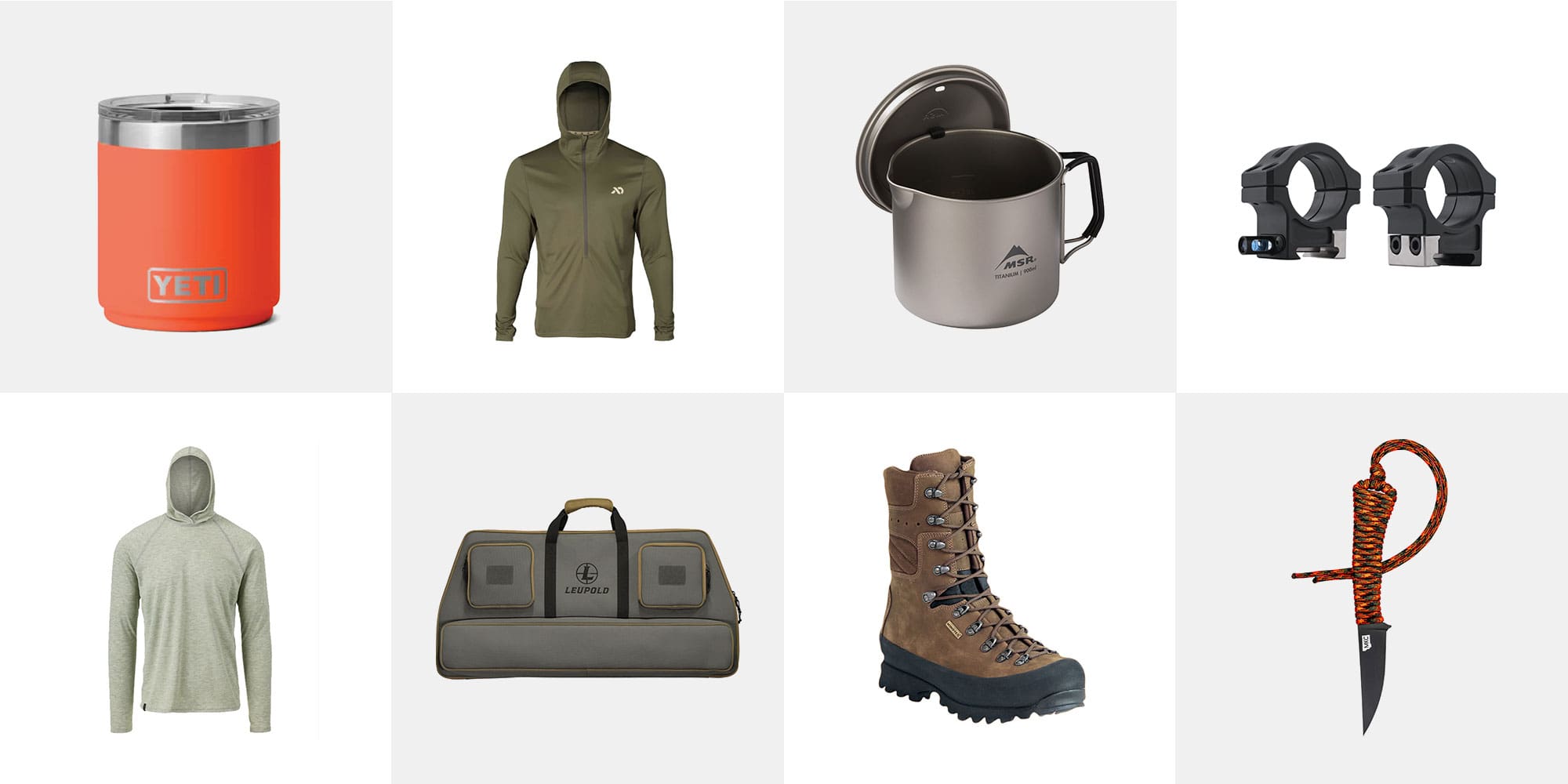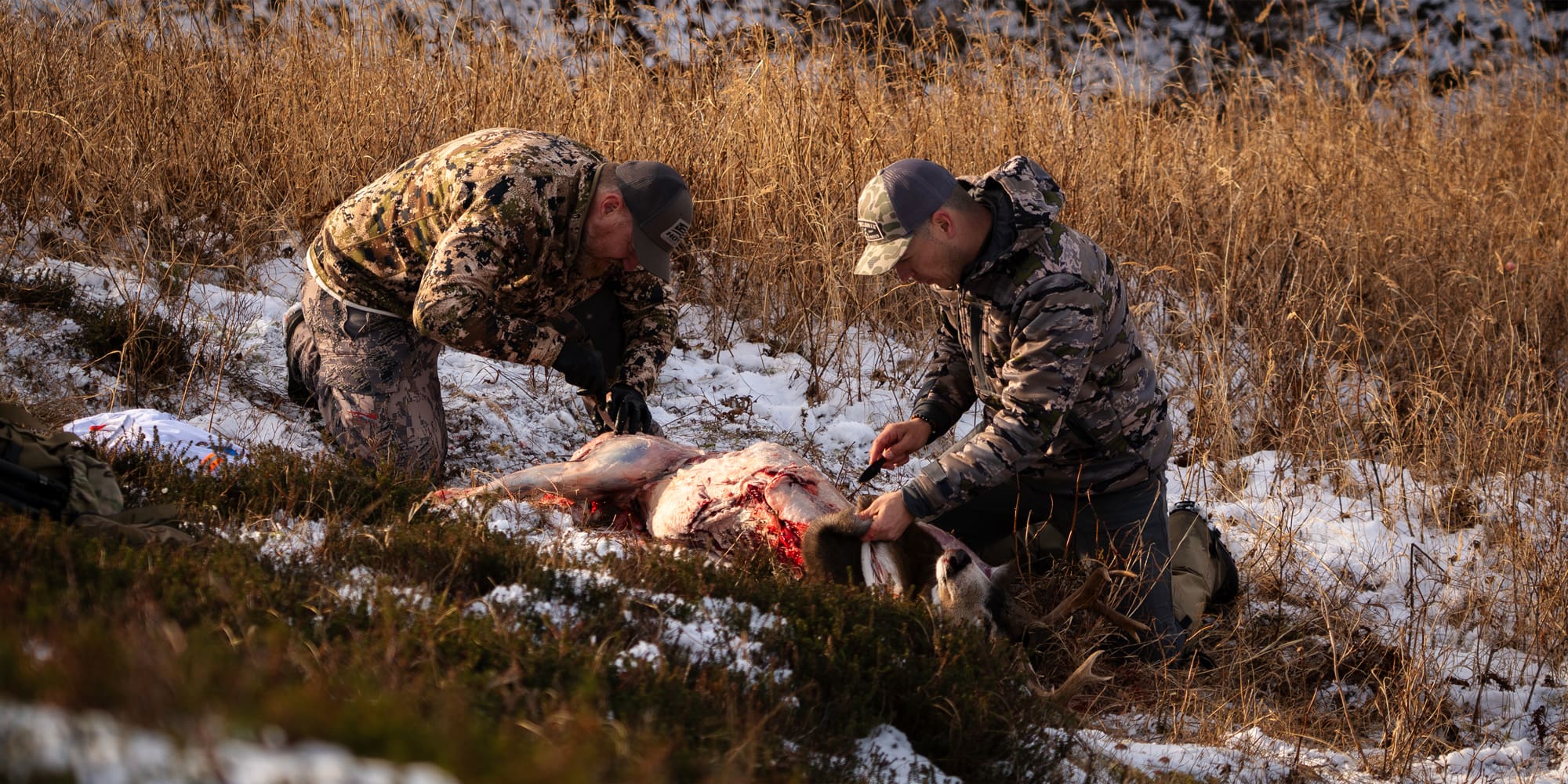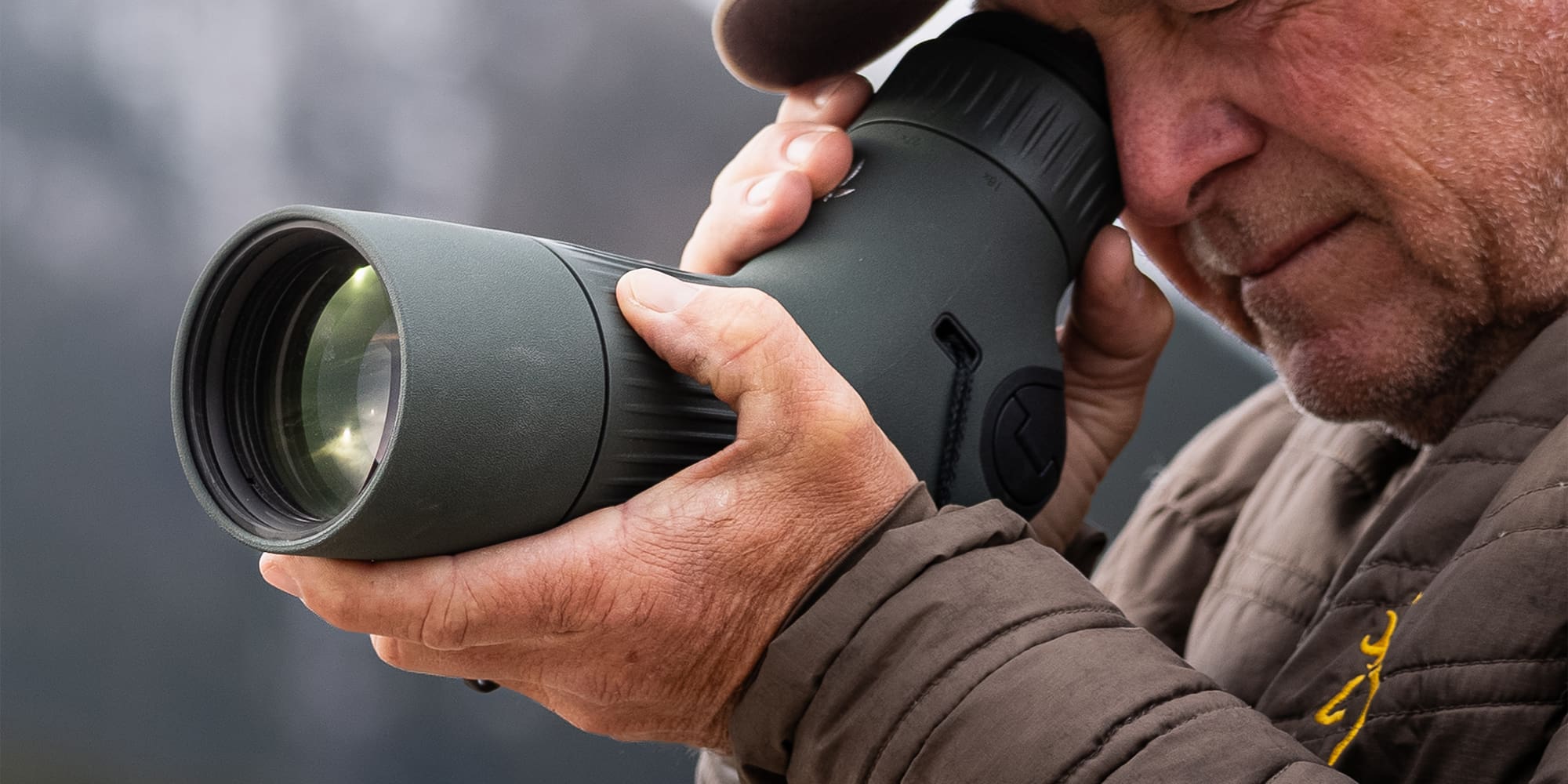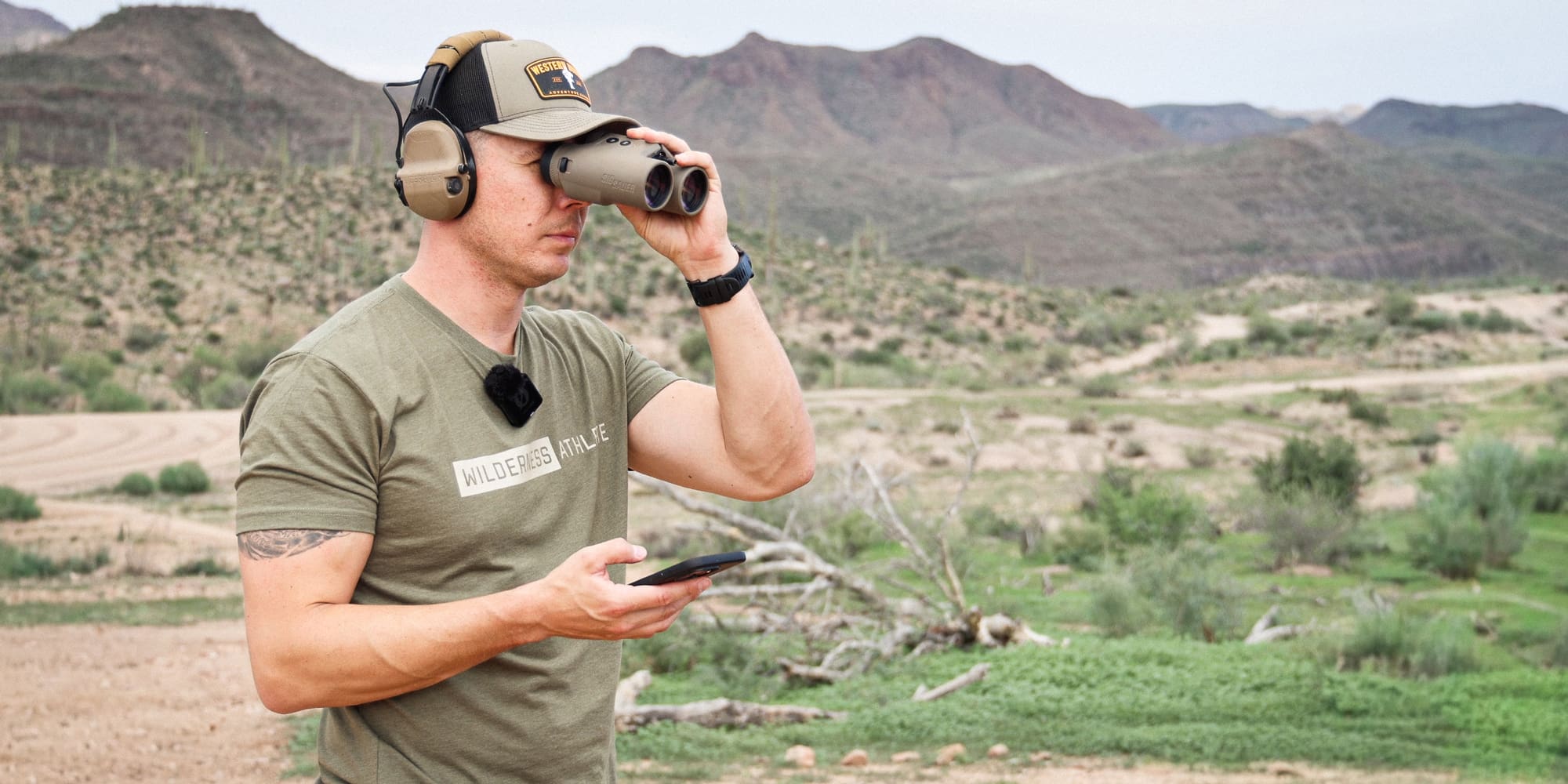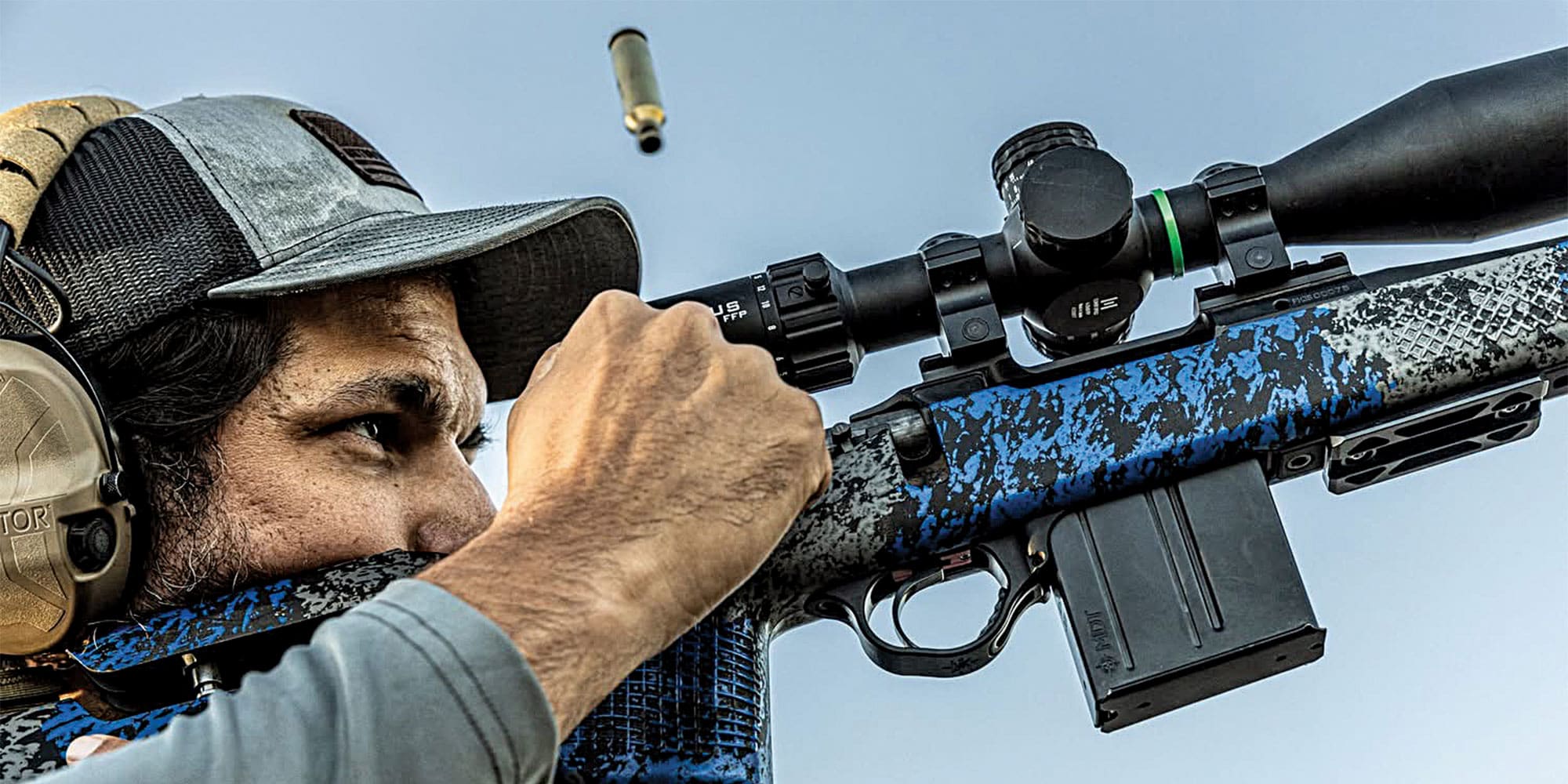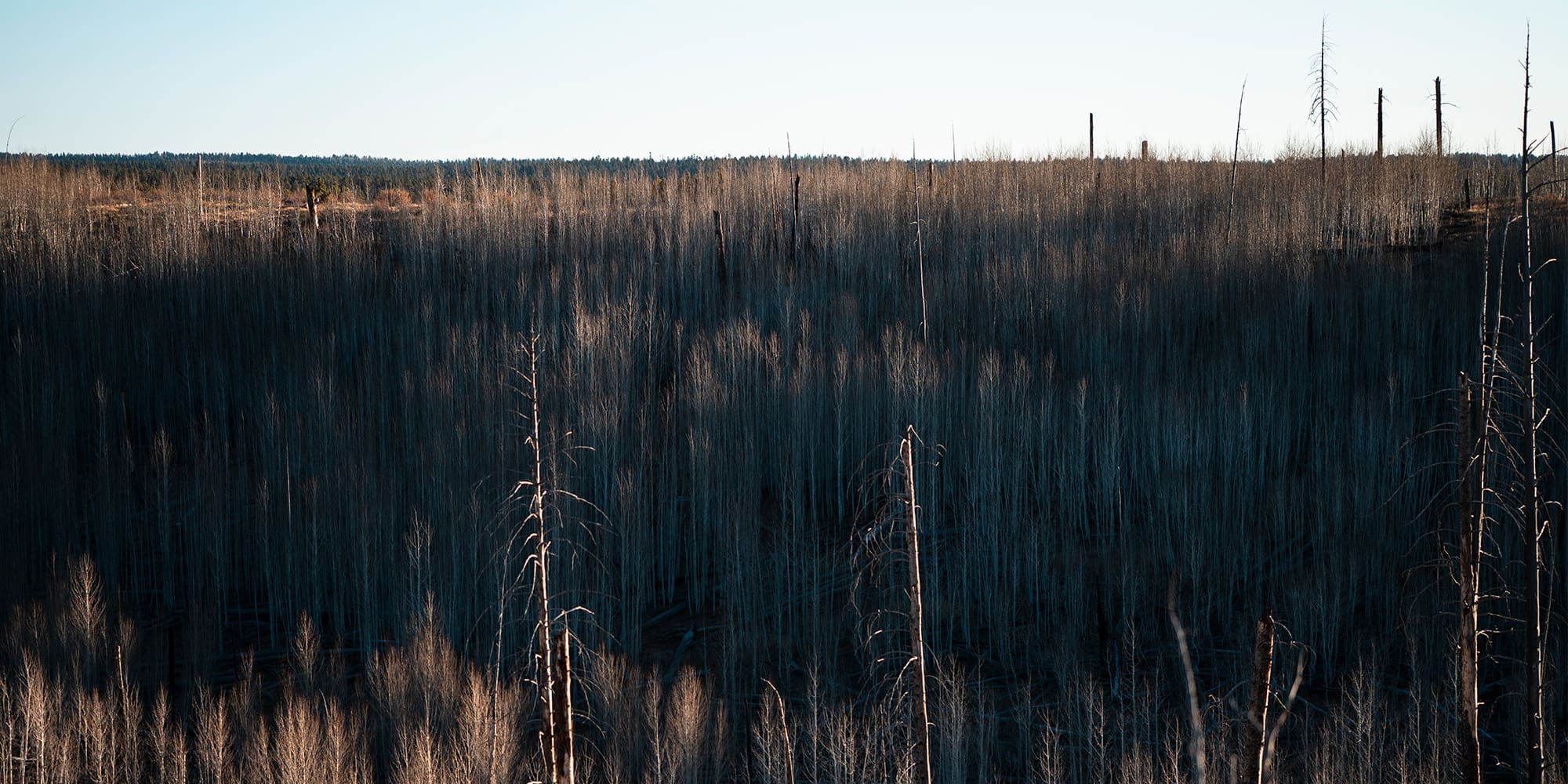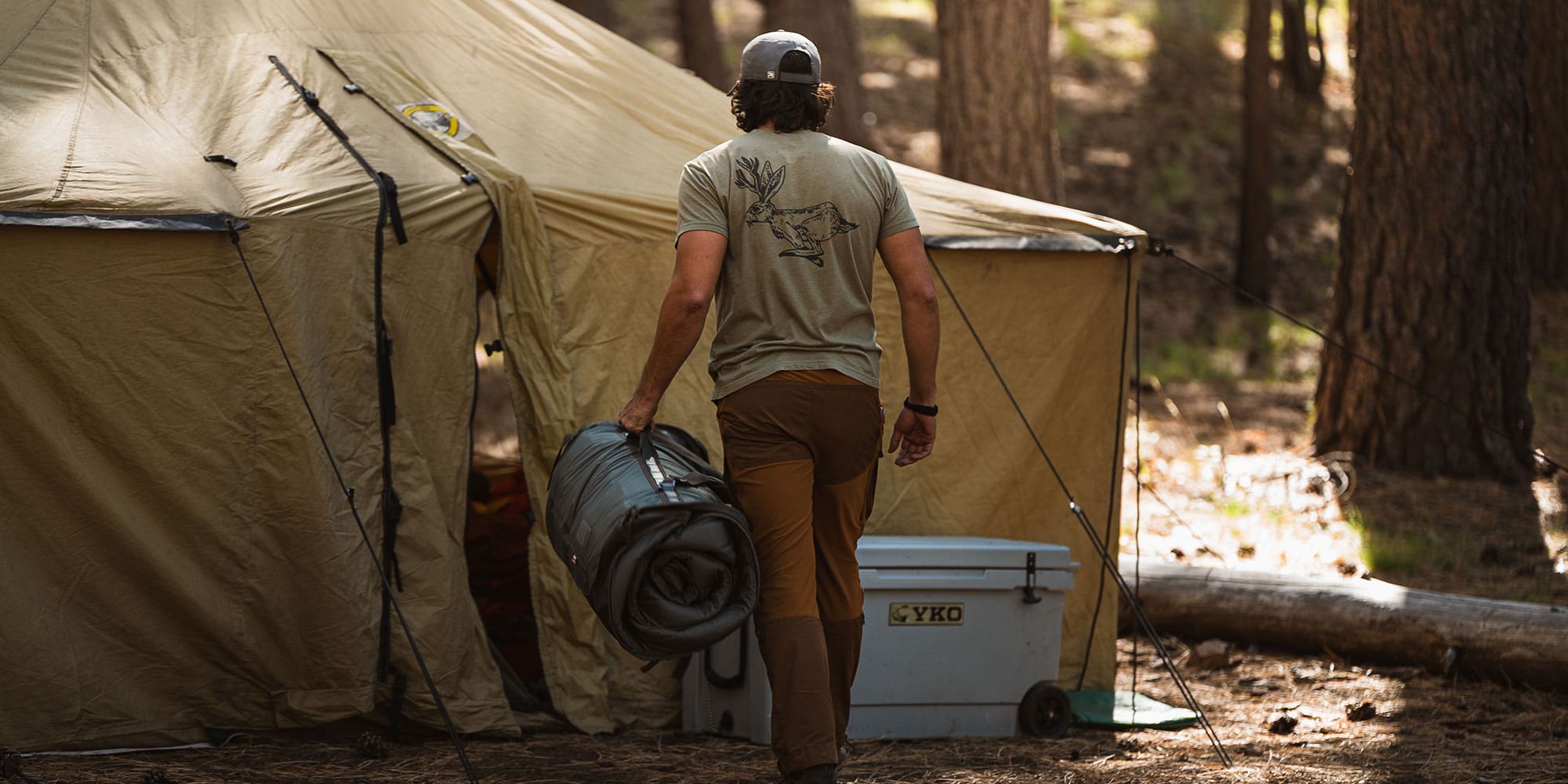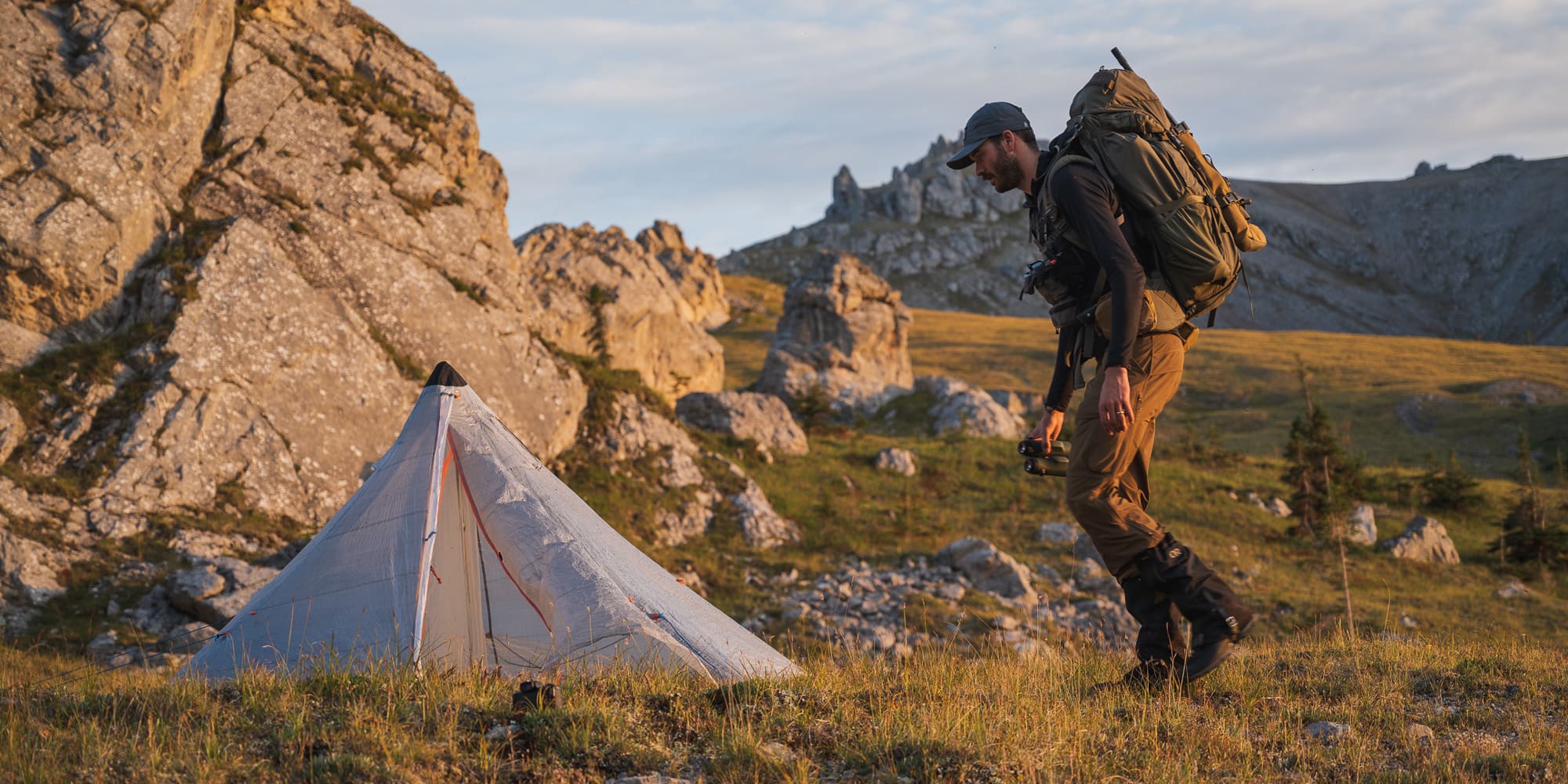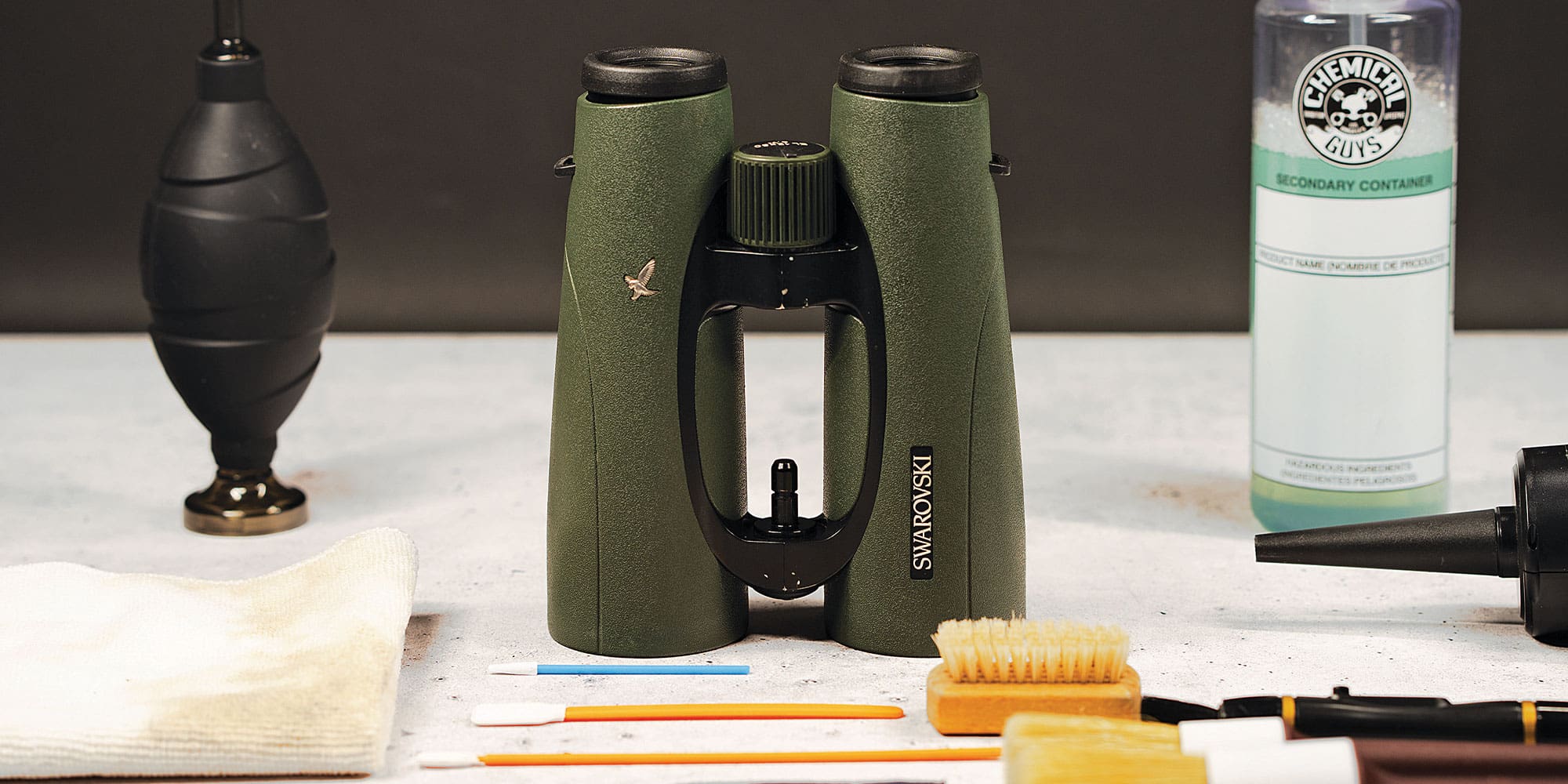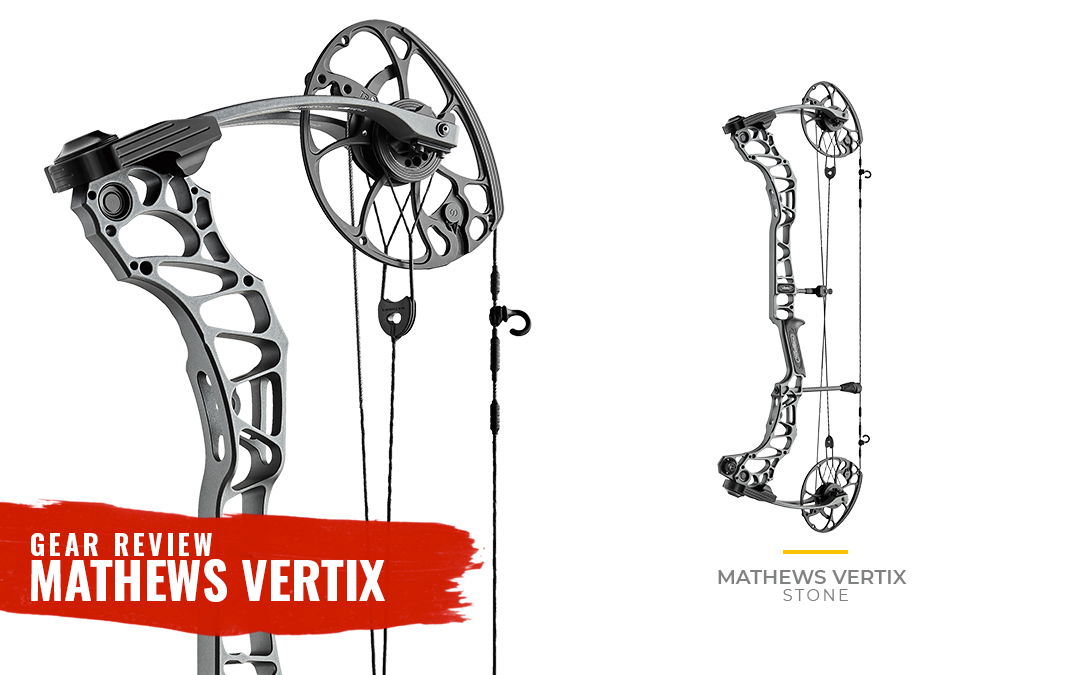
NOTICE: Certain links on this post may earn a commission for Western Hunter Magazine from Amazon or our other affiliate partners when you make a purchase. Thank you for your support.
Mathews Vertix Review
When the Mathews Vertix bow hit the market, I wasn’t expecting anything dramatic. But boy was I was wrong.
A few years before, I was invited to a Q&A with Matt McPherson, founder of Mathews. It is hard to argue that any other archery company has revolutionized bow design more than Mathews over the last 30 years.
One attendee at this meeting asked Matt how he felt about the future of bow design. Matt proceeded to tear a piece of paper in half representing the substantial difference in bow design decades ago. Of course, each time he tore the next piece in half the remaining portion got smaller and smaller. His point was that true innovation is becoming more and more difficult to attain as bow engineers learned from each other and modern machining techniques became more exact.
Even from my perspective as a simple bowhunter, I couldn’t disagree. These days, “this year’s bow” is generally very slightly better than “last year’s bow”, whereas 20 years ago, there were often major improvements from one year to the next.
However, when Mathews introduced the Triax in 2018, a short-axle bow that shot like a long-axle bow while being dang near silent at the shot. It was a major improvement over any other bow on the market.
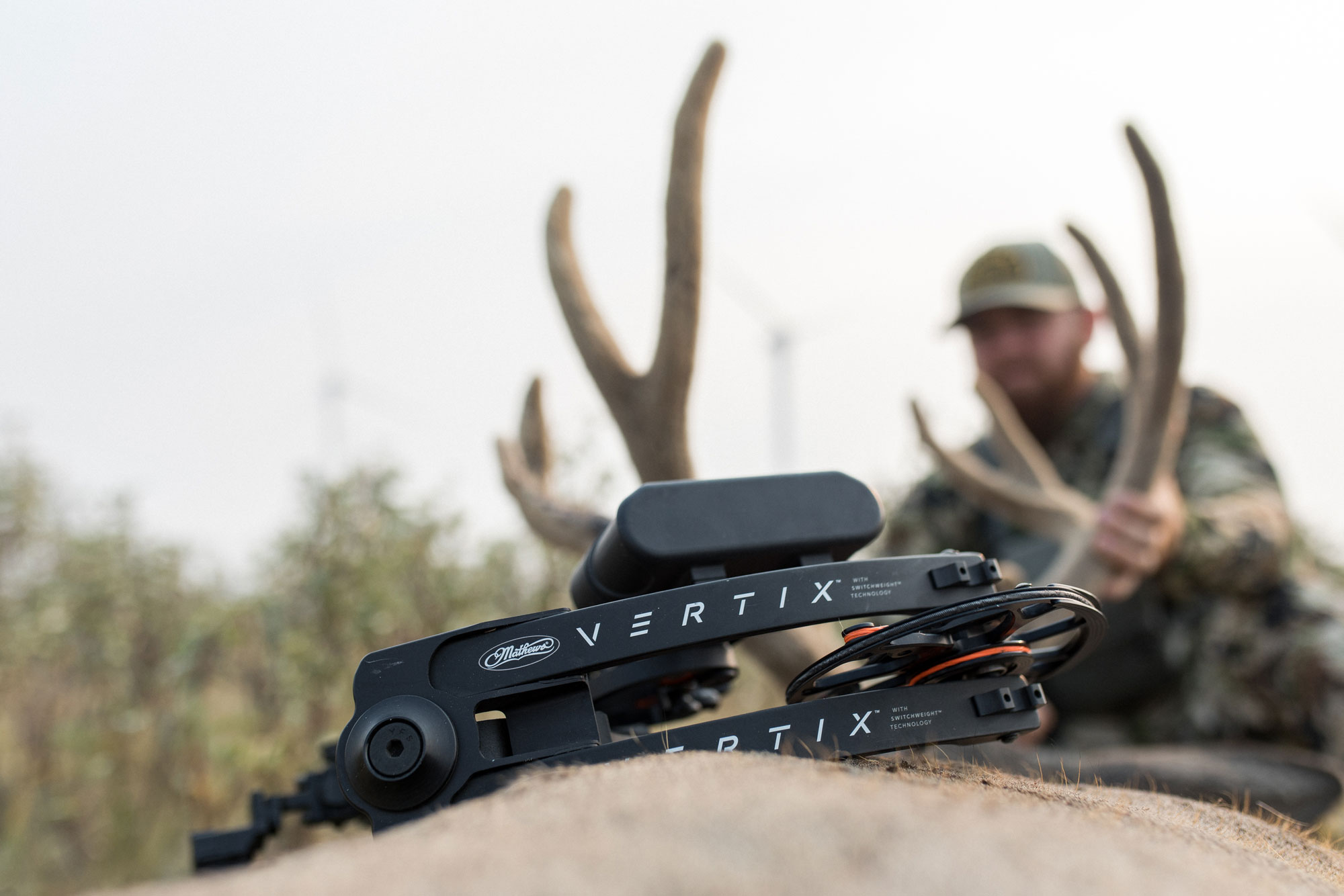
Continuous Innovation
Switchweight:
The most dramatic innovation is the new Switchweight module, which controls draw length, let-off (80% and 85%), and allows you to change draw weight in 5-lb. increments. This is an industry first and a revolutionary accomplishment. Now, with a simple module change, you can shoot exactly the peak you want anywhere from 60-75 lbs.
Vibration reduction:
It’s generally understood that a bow is most efficient when shot with the limb bolts fully tightened. There is less vibration in the system and vibration is the energy that was not imparted into the arrow. Of course, vibration always leads to more noise and more hand shock. But bows have traditionally come in 10-lb. peak weight increments, so if you wanted to shoot at 65 lbs. (like I do), then you were forced to accept these negative attributes. I spoke with Mark Hayes, one of the lead engineers, about the challenges in designing the Mathews Vertix. His first comment was that when they introduced the Triax, it was the quietest and most vibration-free bow on the market, so the Mathews Vertix had to be even better. Amazingly they pulled it off! The Vertix has 20% less vibration than the Triax, which results in less hand shock and more energy delivered to the arrow.
I received my bow weeks before any information about the new bows had been released, but with the very first shot, I knew this bow was faster and even quieter than my Triax.
Grip:
Considering the only part of your body that actually touches the bow is your hand, the interface between the bow grip and your bow hand is going to have a major impact on repeatable accuracy.
With this in mind, Mathews developed the Engage Grip, which improves consistent hand placement and reduces potential torque. The first comment from any archer who has handled the Mathews Vertix is, “I love this grip.”
Dovetail mount:
The Mathews Vertix has a new dovetail mount specifically designed for the new Integrate MX rest from QAD. With this system, the rest is mounted to the back face of the riser, not bolted on the side. This integrated design eliminates the need to level the rest and guarantees the rest cannot move up or down inadvertently. The new rest is micro-adjustable, and from my limited perspective, it’s the best rest QAD has ever built.
Mathews Vertix Specs
All of the specs for the Mathews Vertix add up to the perfect hunting bow. The 30” axle-to-axle length offers excellent stability, and at 4.67 lbs. mass weight, it’s easy to handle. The IBO speed of 343 FPS is super-fast considering the 6” brace height. With the Switchweight technology offering a full 20 lbs. of draw weight variability, you can hunt whitetails out of a tree stand or brown bears on Kodiak Island with the same bow. That’s pretty cool!

Other Options
Mathews introduced two more new bows for 2019.
- The Traverse is a 33” axle-to-axle bow with draw lengths as long as 32.5”; perfect for you tall, long-armed guys.
- The TX-5 is a 28” axle-axle bow with a 5” brace height, which comes in draw lengths from 23.5” to 29.5”. If you have a short draw length and/or are looking for blazing arrow speed, you need to try the TX-5.
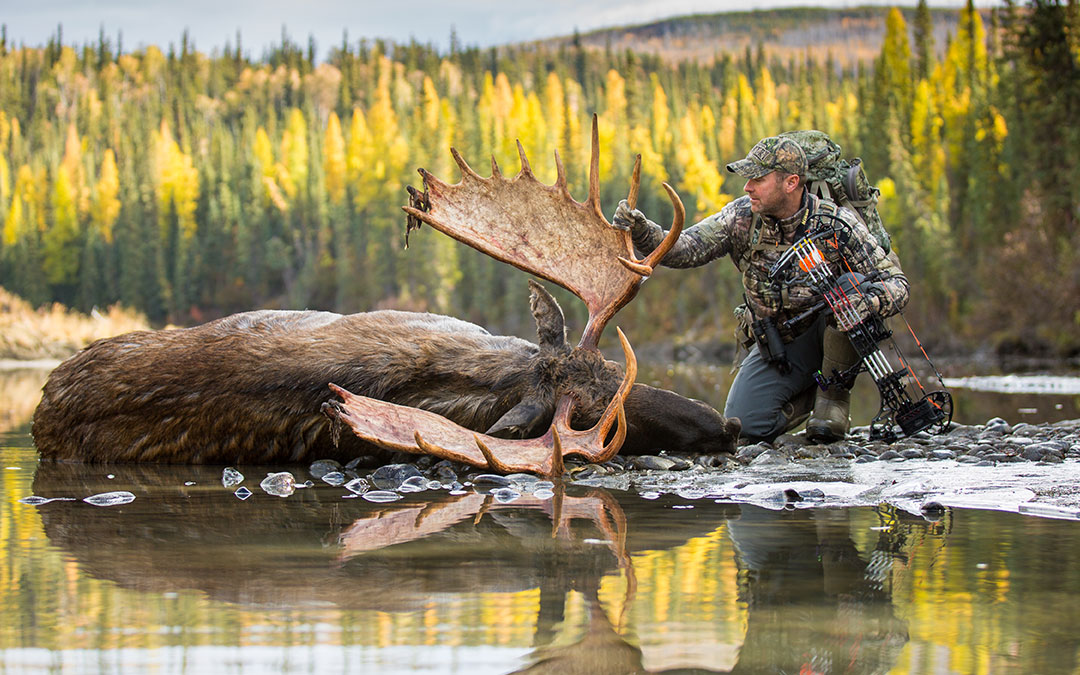
Big Strides and Bigger Demand
So, back to the beginning. I do believe if Matt McPherson was asked that question again today, he would have to come up with a different answer. Either way, I think he and his team are turning back the clock in terms of considerable advancements and making vastly superior bows each year. Looking back at the Halon to the Halon 32, to the Triax and now the Mathews Vertix they are on a four-year winning streak of industry-leading innovations.
I spoke with Randy Phillips, the owner of Archery Headquarters in Chandler, Arizona about these new bows. Randy is one of the smartest shop owners in the business, and with over 30 years of experience, he has seen it all and then some.
Randy said he only has one concern: not being able to get enough bows to cover the demand. That being said, don’t wait until summer to start thinking about a new bow. Get yourself to your nearest Mathews dealer and shoot one for yourself.


